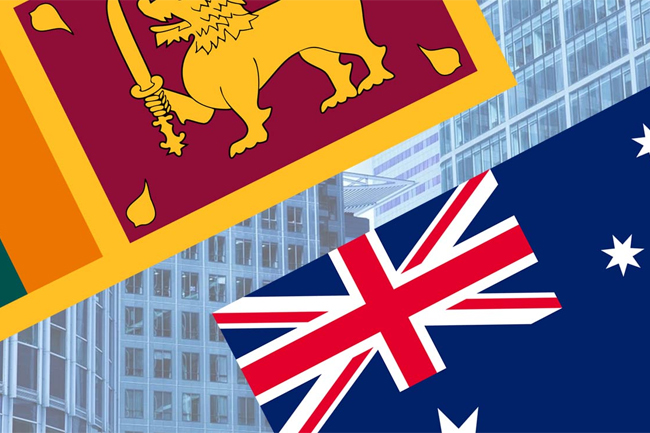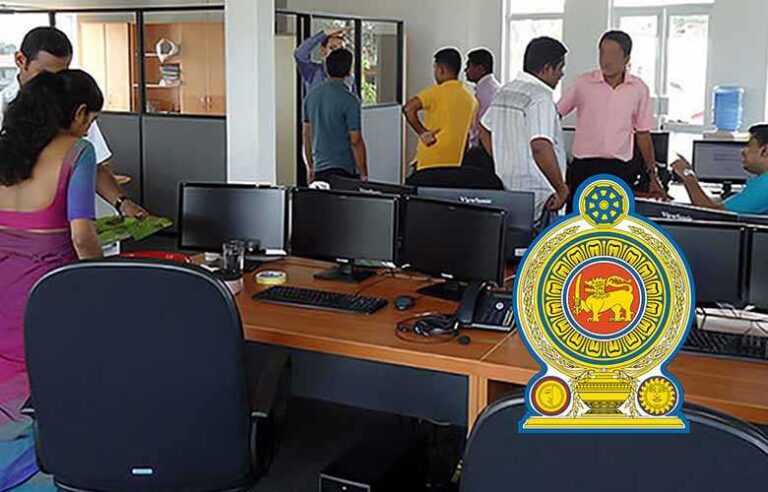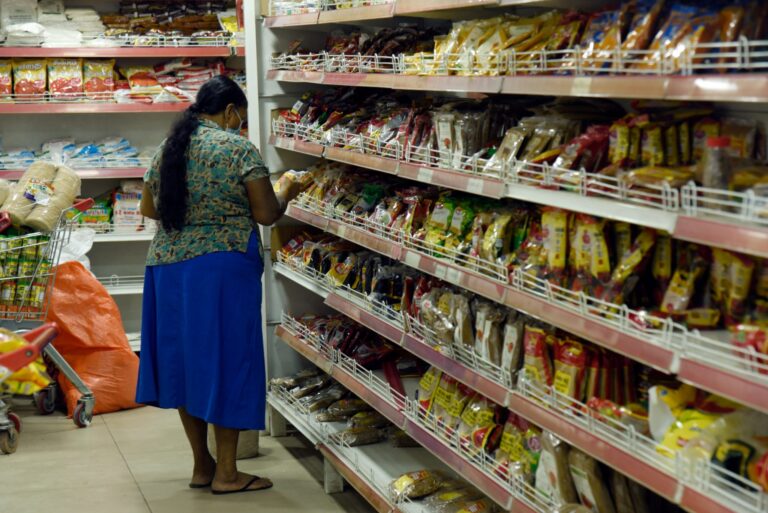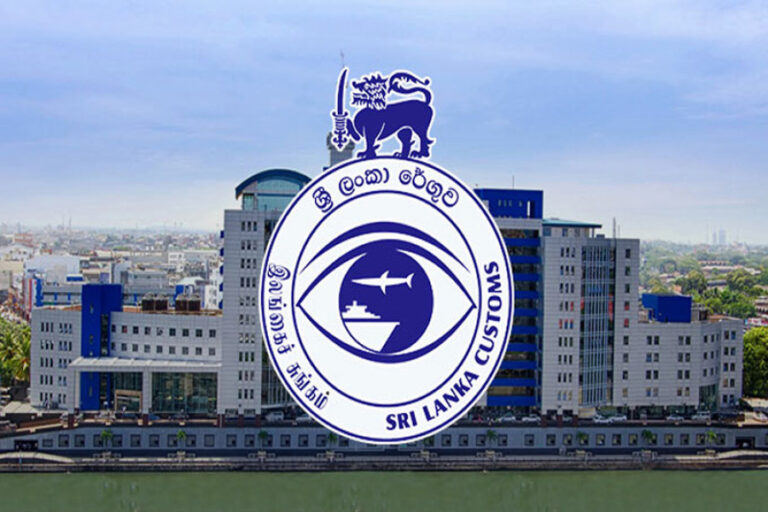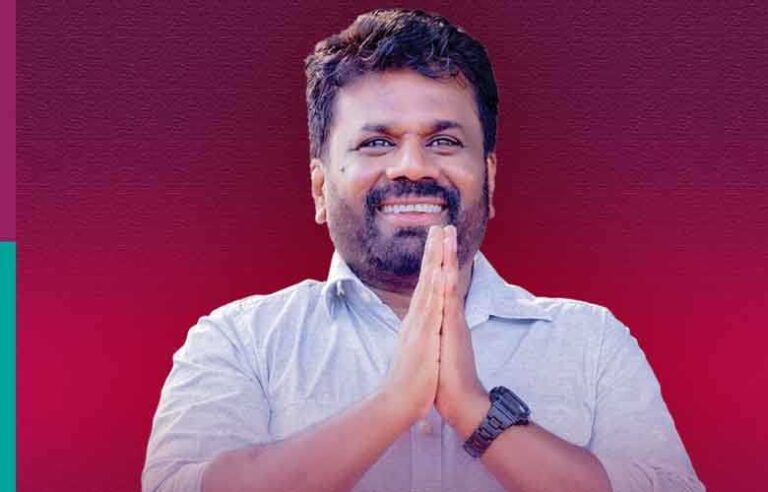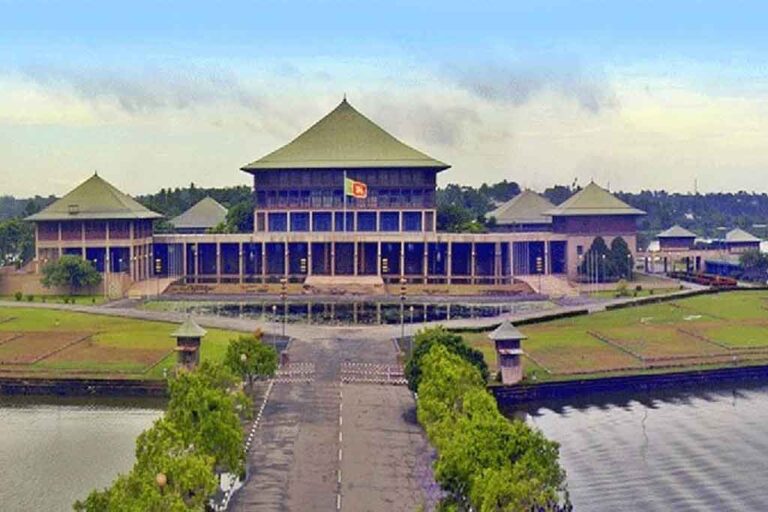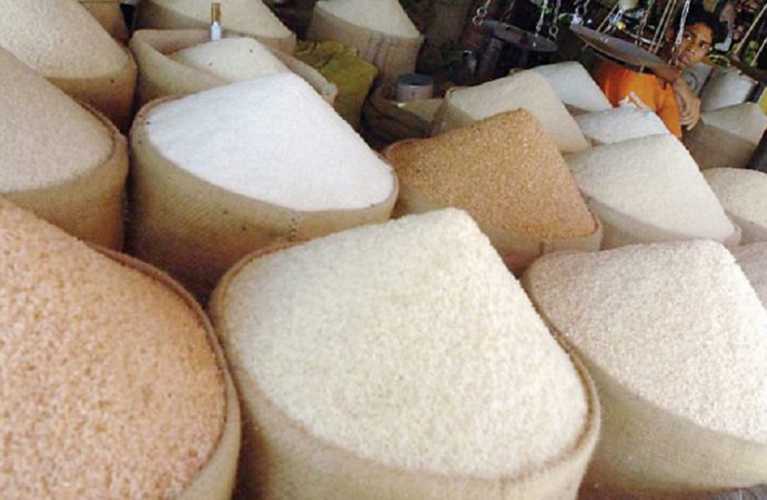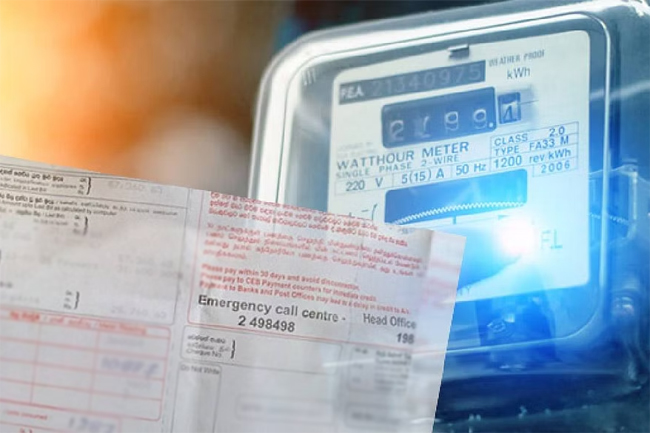By: Staff Writer
December 15, Colombo (LNW): Australia continues to strengthen its multifaceted relationship with Sri Lanka through development cooperation, trade, and investment.
As Sri Lanka grapples with an ongoing economic crisis, Australia has committed an additional $25 million in humanitarian assistance, bringing its total aid to $75 million.
This support, delivered through UN agencies, will address critical needs such as food, healthcare, nutrition, access to safe water, and protection for vulnerable groups, including women and children. This is in addition to $23 million in ongoing development assistance for the 2022-2023 period.
Education and training also play a key role in Australia’s development program, with scholarships offered through the Australia Awards initiative. The program aligns with broader efforts to promote economic reform, improve employment opportunities, and support livelihoods for disadvantaged Sri Lankans.
Beyond humanitarian aid, Australia is focused on fostering trade and investment relations with Sri Lanka. Australian High Commissioner Paul Stephens recently met with Export Development Board (EDB) Chairman Mangala Wijesinghe to explore avenues for strengthening bilateral trade. Over the past 75 years, ties between the two nations have grown significantly, encompassing trade, investment, tourism, culture, and sports.
Australia is Sri Lanka’s 11th largest export destination, accounting for $226.51 million in exports in 2023, while Sri Lanka imports $185.89 million worth of goods from Australia, resulting in a $40 million trade surplus for Sri Lanka. Key Sri Lankan exports include apparel, tea, rubber products, and edible preparations, while imports from Australia primarily consist of lentils, cereals, meat products, dairy, and pharmaceuticals.
To enhance trade, both countries rely on the Australia-Sri Lanka Trade and Investment Framework Arrangement (TIFA), which guides economic collaboration. TIFA’s action plan emphasizes critical areas such as easing agricultural export quarantine processes, promoting investment opportunities, and facilitating market access for small and medium enterprises (SMEs). Other focus areas include attracting high-end tourists and fostering digital technology adoption.
Wijesinghe highlighted the Sri Lankan government’s commitment to simplifying Foreign Direct Investment (FDI) approvals to attract investors. He also stressed the importance of aligning with global manufacturing trends and integrating into international supply chains. Enhancing trade relations with Australia is seen as a pivotal step in achieving these goals.
Meanwhile, Australia has expressed interest in investing in Sri Lanka’s mineral sector and export-led manufacturing. Joint ventures aimed at value-adding Australian agricultural commodities for export under preferential trade agreements have been proposed. Both sides agreed to explore these opportunities further.
The EDB has identified key sectors for export growth to Australia, including apparel, tea, rubber, fish, and paper products. The goal is to capitalize on these opportunities by engaging proactively with businesses, resolving trade challenges, and transferring modern technologies to boost competitiveness.
The bilateral discussion involved senior representatives, including Australian Deputy High Commissioner Lalita Kapur and Austrade officials, underscoring both nations’ commitment to a stronger economic partnership.
By fostering collaboration, both Australia and Sri Lanka aim to unlock new opportunities and create a more conducive environment for trade and investment.


